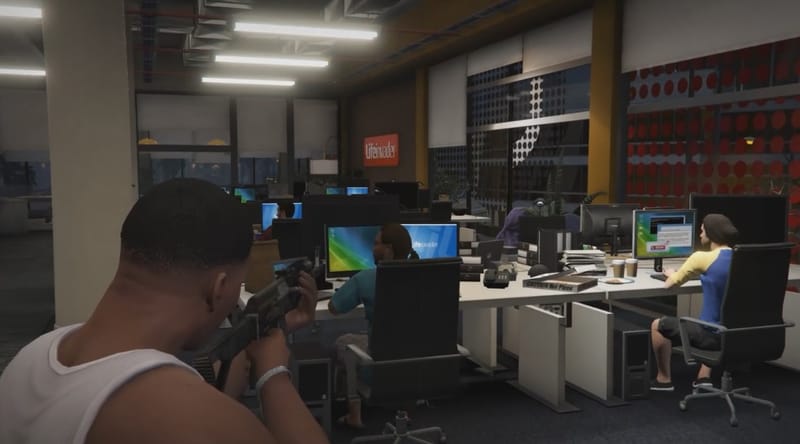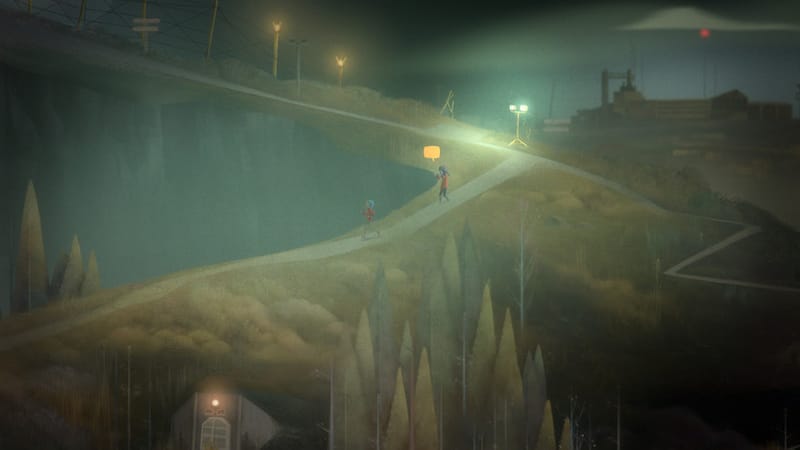
For more than 15 years, the home of independent play and culture
Games, play, and culture with Jamin Warren
Become a subscriberSubscribe to new posts
Processing your application
Please check your inbox and click the link to confirm your subscription
There was an error sending the email











